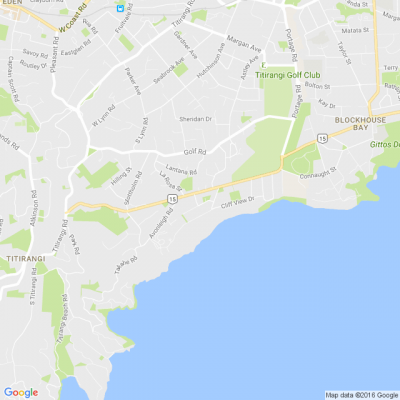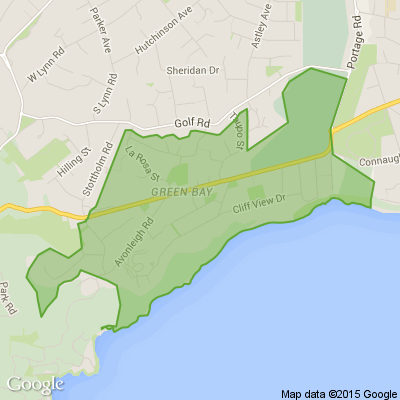Salaries of senior public service workers exposed as Govt targets lower paid staffers for wage freeze
The directive, which essentially means those in the public sector earning more than $60,000 will only get a pay rise in exceptional circumstances for the next three years, has infuriated some workers. It has prompted crisis meetings between the government and unions, and a commitment to review the directive next year. The government denies it is a 'freeze', saying people can still move between pay bands and it is about equity, raising the wages of workers making $50,000 or less – that is 25 per cent of public servants.
Some public sector leadership salaries:
================================
Matt Whineray, CEO NZ Super Fund: $929,000 (after Covid-19 reduction)
Scott Pickering, CEO ACC: $826,000
Ailsa Claire, CEO ADHB: $677,000
John Ryan, Auditor General: $670,000
Peter Hughes, Public Service Commissioner: $630,000
Rob Everett, CEO Financial Services Authority (just resigned): $623,000
Cherly de la Rey, VC University of Canterbury: $594,000
Tim Fowler, CEO Tertiary Education Commission: $560,000
Judge Peter Boshier, Chief Ombudsman: $456,000
Sid Miller, CEO Earthquake Commission: $437,000
A lower public sector staff salary:
===========================
Jane Doe, administrator Dept of Corrections: $45,000
University of Otago Department of Accountancy and Finance associate professor Dr Helen Roberts put those remuneration packages into perspective. "I just looked at the data that's out on the public sector websites, you can go and look yourself. I looked at the top five paid individuals in the state sector who were full term," she said.
"The top five earn $3.882 million between them. If we break that down, we're talking on average, those five individuals took home $776,400 each before tax last year. "And if I think about minimum wage, that person is taking home under $40,000 a year and at the new minimum wage which just came into effect, that's $41,600.
"If we look at NZ stats, we're still talking about people earning around on average $67,000 or a median of $56,000. So there's a big difference..."If you just want to pay [chief executives] based on what the consultant tells you, what a person in that position on average is getting paid in that sector, then that's what the Labour Act will do. "It will tell you the minimum criteria that an employer needs to make. "I would argue that your baseline employees are worth a lot more than that, and those top-end employees would do just as good a job, but for less money, because they appreciate what they're doing and they have skills and value that they want to add to the organisation, that has more value than just the dollar pay cheque they take home." There did have to be some incentive to take such leadership positions, but the question was what was acceptable, Roberts said. "Does it need to be more than half a million dollars a year? Where's the cut-off? Where's an acceptable reward for the amount of responsibility and the skills you need to do these jobs? "They are highly skilled jobs. At the same time, you still need your face to face, customer engagement with those people who are working on the ground level. "I think often what happens here is compensation consultants are used to help direct the board around how these pay levels should be set and the comparison is to look at someone who's working in the private sector. "So someone who's in a publicly listed company, employed privately. What do they get paid, and then that becomes a benchmark for our state services sector. "But of course there's a big difference in those roles because of the risk involved. "In the state sector you're getting money from the government, you're not facing the risk of bankruptcy or changes in markets or changes in demand. "You're not going to have to make a whole lot of people redundant tomorrow, so it's a very different role that you play in the state sector as opposed to a private sector individual. "So we can't directly compare those pay levels, and I think that's where we're seeing these very high state sector pay levels coming from. "We have to incentivise those individuals so that they manage those risks and the best interests of the stakeholders that they represent. However, there are still flaws in the way the pay setting process currently works in New Zealand, and in a lot of Western countries, and that is because most of these pay packets are on fixed base level. "So when we look at the highest paid individuals, more than half of that money is paid to them in a fixed contract. It's a salary. Then there's a small amount, maybe another $100,000, $200,000 that comes with their performance incentives, but most of it is fixed. "So there is no incentive to do more than you have to… but you're going to take away $500,000 regardless." A bigger percentage of public sector leaders' pay packages should be performance-based, she said. "There should be more linked to performance and less fixed pay, and if you perform well, you meet the objectives of the organisation and the criteria set out in your contract, then you should be rewarded for that achievement." 'Most of us would be happy winning Lotto once'
=======================================================
A Neighbourly Riddle! Don’t Overthink It… Or Do?😜
Do you think you know the answer? Simply 'Like' this post if you know the answer and the big reveal will be posted in the comments at 2pm on the day!
If you multiply this number by any other number, the answer will always be the same. What number is this?

Poll: Should the government levy industries that contribute to financial hardship?
As reported in the Post, there’s a $30 million funding gap in financial mentoring. This has led to services closing and mentors stepping in unpaid just to keep helping people in need 🪙💰🪙
One proposed solution? Small levies on industries that profit from financial hardship — like banks, casinos, and similar companies.
So we want to hear what you think:
Should the government ask these industries to contribute?

-
51.9% Yes, supporting people is important!
-
32.7% No, individuals should take responsibility
-
15.4% ... It is complicated
Poll: As a customer, what do you think about automation?
The Press investigates the growing reliance on your unpaid labour.
Automation (or the “unpaid shift”) is often described as efficient ... but it tends to benefit employers more than consumers.
We want to know: What do you think about automation?
Are you for, or against?

-
9.7% For. Self-service is less frustrating and convenient.
-
43.3% I want to be able to choose.
-
47% Against. I want to deal with people.







 Loading…
Loading…